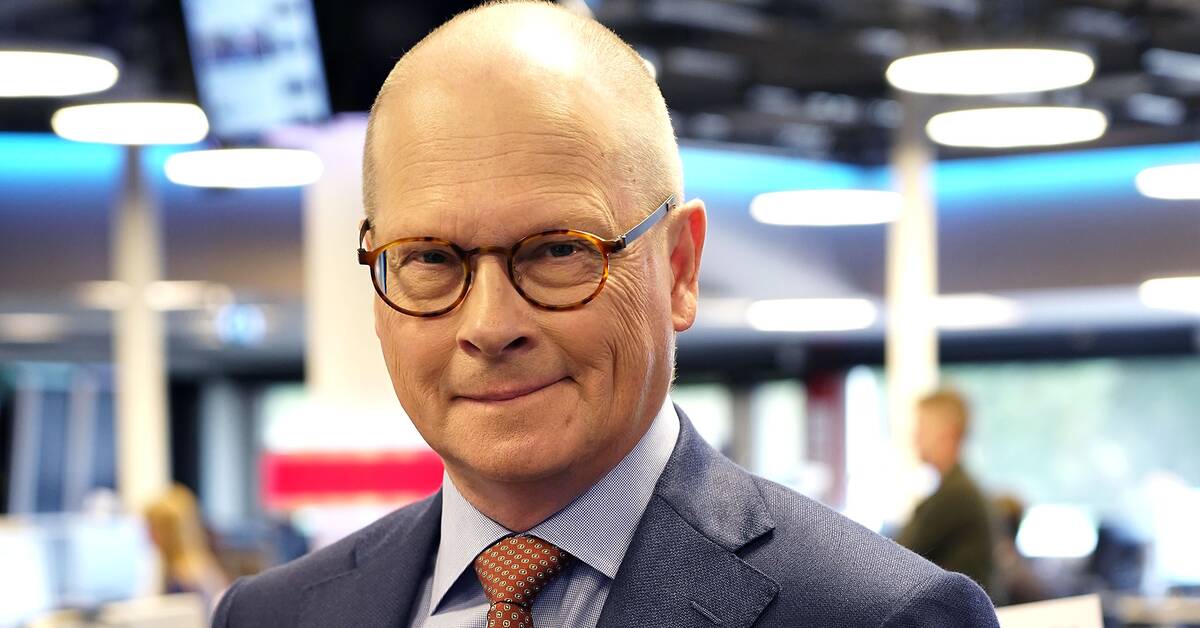The war in Ukraine continues.
A brutal and bloody war that also shakes Swedish voters.
At the same time, the Easter weekend has been marked by riots and riots in Swedish suburbs.
A large number of police officers have been injured at the same time as a number of police vehicles have been destroyed.
All of this is affecting voters and domestic politics right now significantly more than the government's spring budget with its tables and graphs.
Some investments may be questioned
At the same time, several of the government's proposals may be important in the forthcoming election campaign.
Some appear as election pork, for example the increase in pensions, which is implemented one month before the election, as well as the decision to give all car owners SEK 1,000 or 1,500 in compensation for increased fuel prices.
The measures can also be questioned cyclically.
Pumping new billions into an economy that is already doing quite well risks in the next step making it more difficult to master the inflation that is rising at the same time.
Sweden's new Minister of Finance Mikael Damberg (S) spoke about the good economic situation and the low public debt when he presented the government's budget.
But there are also significant risks.
The most obvious is the war in Ukraine and the uncertainty about how it will develop.
The consequences of the war could also have long-term effects on energy supply and continue to fuel inflation.
At the same time, the riots of the Easter weekend show obvious shortcomings in the police's ability to handle riots and riots.
This is also likely to be an important component when the opposition in the Riksdag now puts its teeth into the government's budget.
Given that the government only collects 100 of the Riksdag's 349 seats, anything can happen during this budget process.
It would almost be a sensation if the government's budget goes through the Riksdag unengraved.
So far, only the Left Party has said it intends to support the budget.
The budget may lack sufficient support
The opposition on the right wants to invest more resources in the police and judiciary, not least in light of the weekend's riots and the continued shootings.
The Moderates, the Christian Democrats and the Sweden Democrats, perhaps even the Liberals, are also trying to agree on an alternative to the government's proposal to increase pensions.
To get the budget through the Riksdag, the government needs support from the Green Party, the Left Party and the Center Party.
The Center Party, which can be absolutely decisive, has so far refused to give any information.
It may well be like last autumn when important parts of the government's budget were voted down in the decisive vote.
Hardly anything that strengthens the image of ability to govern, but at the same time a fully logical consequence of the parliamentary situation.
The government still hopes that the money that is intended to go to households before the election will be able to influence voter opinion before election day.
The opposition counters by painting a dark conclusion for the Social Democrats' years in power.
The moderates point to the government as primarily responsible for several of the societal problems Sweden is struggling with, such as high unemployment, serious crime and high energy prices.
The domestic political debate leading up to election day is likely to be marked by these issues, more or less in the shadow of the war in Ukraine and the deteriorating security policy situation.

